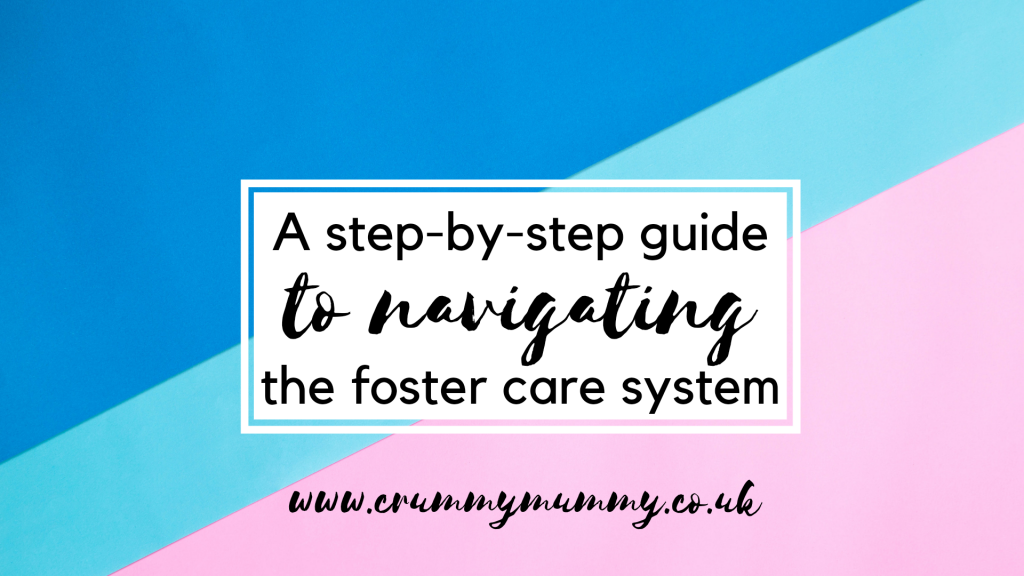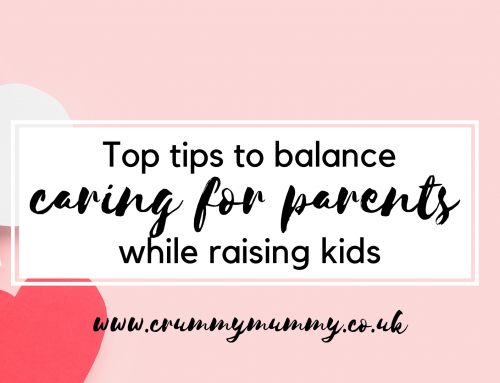Fostering is an important and rewarding way to make a positive difference in the lives of children and young people in the UK who are in need of care and support.
There are currently around 55,000 fostering households in the UK, caring for almost 70,000 children in the foster care system.

However, navigating the foster care system can be complex and challenging for those who are new to the process.
This post may contain affiliate links. This means if you buy something after clicking on a link, I’ll earn a few pennies to help me keep creating posts like this, at no extra cost to you!
If you’re thinking of joining the growing number of households offering homes to children in need, this collaborative post provides prospective foster parents with a clear understanding of what to expect when navigating the UK foster care system.
Step one: research & preparation
Before becoming a foster parent, it is essential to do your research and understand what fostering entails. This includes understanding the different types of fostering, such as short-term, long-term, and respite care, and the different needs of the children and young people who may need support from a foster carer. It is also important to assess your own readiness for fostering, including your personal circumstances, available resources, and support network. If you’re fostering in Glasgow, the FCA provides a range of materials designed specifically to help you do this.

Step two: application & assessment
The next step in becoming a foster parent is to apply to a local authority or an independent fostering agency. The application process will involve completing an application form, attending an assessment, and providing references. The assessment process is thorough and includes background checks, health checks, and interviews with you and your family. This process is designed to ensure that you are suitable to provide a safe, stable and nurturing home for a child or young person, with their long-term health and wellbeing in mind.

Step three: training & approval
Once you have successfully completed the application and assessment process, you will be required to undergo training. This training is designed to provide you with the necessary skills and knowledge to support a child or young person in your care. The training will cover topics such as attachment, behaviour management, and child protection.
Once you have completed the training, you will be approved as a foster parent. This means that you are now eligible to provide foster care to children and young people in need. You will be matched with a child or young person based on their needs, and your ability to meet those needs.

Step four: support & supervision
Foster parenting can sometimes be challenging, and it’s essential that you have access to support and supervision throughout the process. This includes regular visits from a social worker, who will provide extensive guidance, as well as access to support groups and training opportunities. Foster parents also have access to a range of financial and practical support, including help with the cost of fostering.

Step five: review & reflection
Fostering is a constantly evolving process, and it is essential to regularly reflect on your experiences and make adjustments as necessary. Foster parents are required to attend regular reviews to assess their suitability to continue fostering, and to ensure that they are meeting the needs of the children and young people in their care.
Navigating the UK foster care system can be complex and challenging, but it is an important and rewarding way to make a positive difference to a young person. By conducting thorough research, undergoing training and regularly reflecting on your experiences, you can become a successful and effective foster parent with ease. Remember, fostering is a journey, and it requires a commitment to ongoing learning and growth, but the rewards of providing a safe and nurturing home for a child in need are immeasurable.

This is a collaborative post.

























Leave A Comment